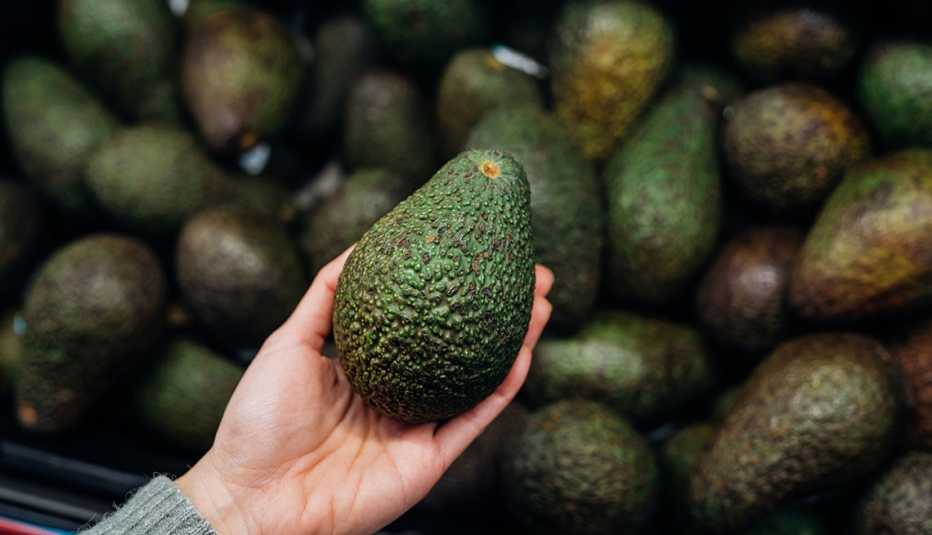AARP Hearing Center
What you eat has a great deal to do with how you feel, notes nutrition scientist Penny M. Kris-Etherton. “When you’re under stress, you may crave a glazed doughnut dipped in sprinkles — but tempting as it is, it won’t help your spirits and will probably leave you feeling grumpy and fatigued,” says Kris-Etherton, professor of nutritional sciences at Penn State University. You need calming foods that relieve stress and improve your mood. Here are 10 of them.
1. Sweet potatoes
These orange gems are rich in complex carbohydrates that stimulate the brain to produce serotonin, a type of chemical that can serve as a mood stabilizer. Researchers note that compounds in sweet potatoes help lower levels of the hormone cortisol, which is involved in regulating the body’s response to stress. Sweet potatoes are also rich in magnesium, often considered one of the best minerals for promoting calmness and improving mood.
2. Spinach
This leafy green is a good source of magnesium, a mineral associated with reduced levels of stress and anxiety. In addition, the leaves are rich in vitamin C, which the body can’t produce on its own. A lack of C has been linked to increased stress levels. Spinach also contains abundant amounts of folate, also called vitamin B9, as do kale, broccoli and cauliflower. Folate stimulates the production of dopamine, a brain chemical that helps brain cells communicate with each other. Use these nutrient-rich veggies in salads or as raw snacks — cooking can deplete some of their benefits.


3. Avocados
The pale-green flesh found beneath a tough shell is a good source of a family of B vitamins that play a role in producing brain chemicals to reduce stress and boost mood. Some of these naturally occurring chemicals also help prevent anxiety and relieve irritability. In addition, avocados provide lutein, a nutrient important for both brain health and eye health. Lutein improves memory as well as problem-solving ability. Avocados contain unsaturated fat, the kind usually called good fat because it can help improve blood cholesterol levels and stabilize heart rhythms. Serve avocado chunks in a colorful salad or mash the pulp for a buttery spread.




































































